Course Basket
Your basket is empty.
Stand out in today’s competitive marketplace with our professional and financial programmes, designed to help you excel in your career. We offer progression routes up to Level 6, enabling you to continue your education with SGS College. For businesses, we provide tailored programmes to upskill your staff to meet your specific needs.

Due to the Red weather warning for the region linked to Storm Darragh, the decision has been made to close our WISE campus on Saturday 7 December. All people affected by the cancellation of events at WISE on Saturday will be contacted in due course. Please note, the campus will open as normal on Sunday 8 December. We apologise for the inconvenience and thank you for your understanding.
Close